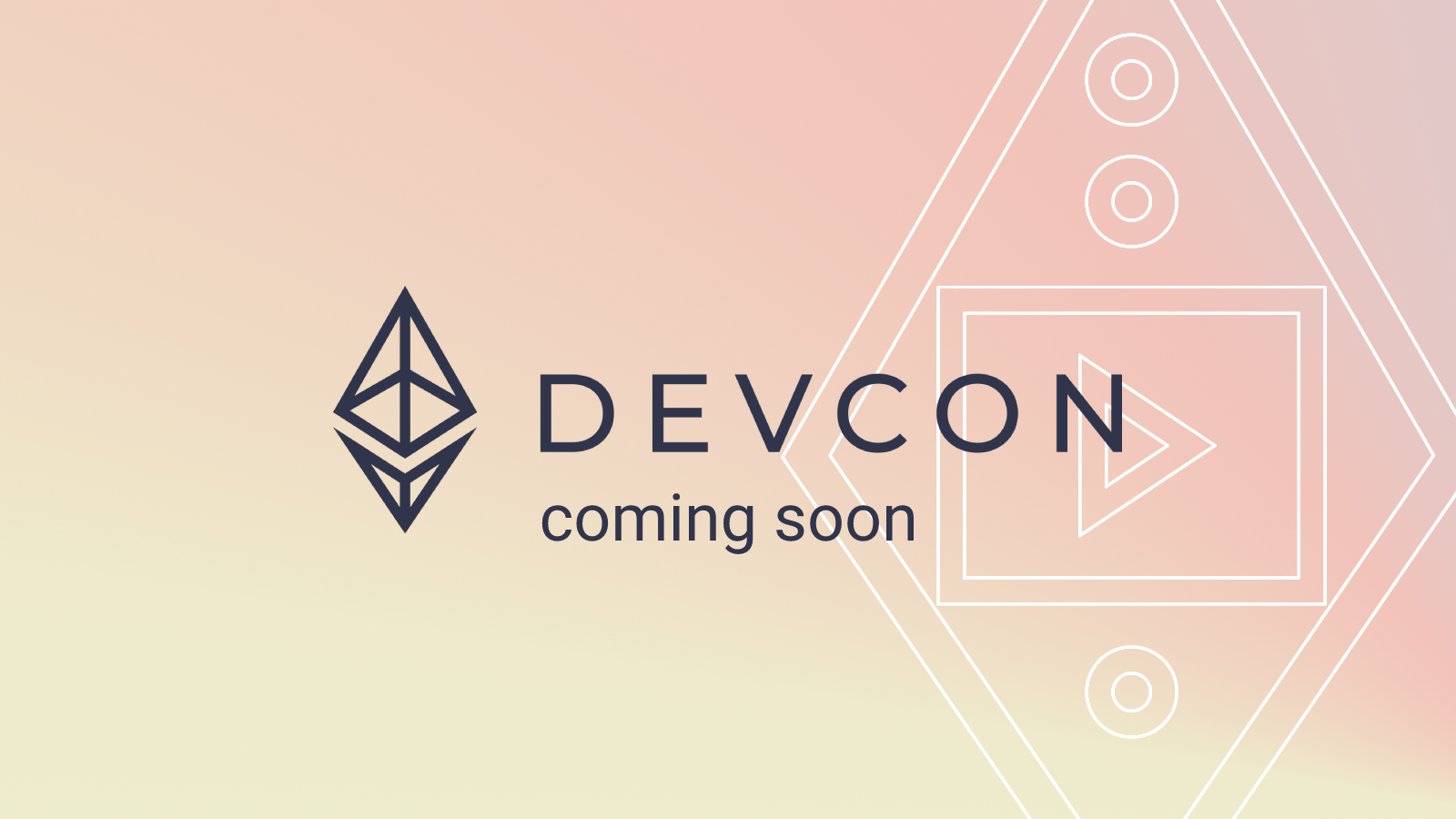devcon 7 / behind zupass applied cryptography for consumers
- YouTube
- Details
Behind Zupass: Applied Cryptography For Consumers
Duration: 00:25:01
Speaker: Richard Liu
Type: Talk
Expertise: Beginner
Event: Devcon
Date: Nov 2024
Recent advancements in cryptography on consumer devices (like your mobile phone) and progress in developer tooling (Semaphore, SnarkJS) have led to the emergence of open-source projects such as Zupass, a personal "cryptographic computer" helping power Devcon.
This talk dives into the technical challenges behind scaling ZKPs to 10,000+ consumer devices and the history behind the project, from its inception at Zuzalu to its usage at recent Ethereum events (Devconnect, ProgCrypto, ETHBerlin).
- Related

Devcon
Talk
25:17
Keynote: Programmable Cryptography and Ethereum
Programmable Cryptography is a "second generation" of cryptographic primitives - primitives that allow arbitrary programs to be executed "inside of" or "on top of" cryptographic objects. Programmable cryptography provides three key affordances that complement and amplify the affordances of Ethereum--verifiability, confidentiality, and non-interactivity. We'll discuss how these technologies can reshape the Internet over the next 50 years.
gubsheep

Devcon
Talk
19:46
Keynote: The Universal Cryptographic Adapter
The "secret" third affordance of Zero-Knowledge proof after 1) Privacy and 2) Succinctness is Interoperability. ZK enables us to continuously refactor data, aggregate it from different sources, and transforming it without loosing its integrity. Starting with the Zupass project, and now with the broader adoption of the POD and GPC format, 0xPARC has been exploring using ZK for data sovereignty and creating more interoperable data ecosystem. We will cover our learnings and progress in this talk.
Justin Glibert

Devcon
Lightning Talk
07:44
Privacy-Preserving Groups
This talk will explore the concept of privacy-preserving groups and the challenges associated with managing them. It will cover different ideas to add anti-sybil mechanisms to enhance group security and trust. The presentation will also highlight real-world projects working on it and provide practical use cases to illustrate their application and impact.
Vivian Plasencia

Devcon
Lightning Talk
10:26
Anon-Aadhaar Protocol using Halo2 and Noir
We will introduce the Anon-Aadhaar protocol which is an anonymity layer on top of a social security like Scheme (Aadhaar card) for Indian citizens using Zero-knowledge proofs. This can be used for getting many basic services in India like electricity, banking, etc. We will describe the implementation results of the protocol using Halo2 and Noir. We will also provide a comparative analysis of benchmarks using different backends like Circom, Halo2 and Noir.
Hridam Basu

Devcon
Lightning Talk
Introduction to hash-based proof systems
Over the last decade, ZK has been gaining attention due to its applications in verifiable private computation and the scalability of blockchains. The development of general-purpose zkvms powered with STARK/hash-based proof systems have made writing provable applications simpler, abstracting developers from the details of ZK. In this talk, we will explain the basics of hash-based proof systems, different arithmetization schemes and how to prove computations without needing a trusted setup.
Diego Kingston

Devcon
Lightning Talk
08:16
STARK proofs ELI5
Let's face it, ZK proofs are intimidating. But they don't have to be! ZK proofs are complex not because of the depth math they use, but because of the large number of fields of mathematics they leverage features from. In this talk, we'll break down STARK proofs into simple blocks and colorful analogies so that you get a good high level overview of how they work
Henri

Devcon
Lightning Talk
TLSNotary: Applying MPC and interactive ZK to prove web2 data
Diving into TLSNotary, a protocol which leverages multi-party computation and interactive ZK to prove the authenticity and provenance of any data on the web to another party. Summary: 1. What it is and what it can do 2. High-level overview of how it works 3. Details on the underlying MPC and ZK protocols that we use 4. How to use it
sinu

Devcon
Workshop
1:18:26
How to do something to some state in some contract
Smart contracts are changing. So far, they needed every transaction to be public in order for nodes to agree. Zero-Knowledge came in to change things a bit: you can actually make your transaction client-side and just broadcast a proof. In this workshop, we will use Noir and write a simple Aztec and/or Ethereum contract that allows for most of the execution and state to remain private.
José Pedro Sousa | zpedro

Devcon
Lightning Talk
11:46
The Blind Man's Elephant: a product vision towards private identities
A short talk introducing the concepts of key properties we want to achieve in private ZK identities. Sparkling concepts like SSI and DIDs and why blockchains are the best way to ensure that. Finally it concludes with simple ZK and data-structure constructions and different alternatives that are seeking to provide this characteristics. In short, this is a lightning overview of the space, it's desired features and different approaches to achieve them.
Andy

Devcon
Talk
20:48
Scalable multi-party FHE with Phantom-zone
The talk introduces "phantom-zone", a framework to write scalable consumer facing MPC apps using multi-party FHE. Starting with what's multi-party FHE, talk gives a demo of non-trivial MPC app. Followed by introduction to programming model of MPC apps using multi-party FHE inside phantom-zone. Then the talk dives deep into primitives to realise multi-party FHE and ends with advanced FHE gadgets that further enhance multi-party FHE.
Janmajaya Mall

